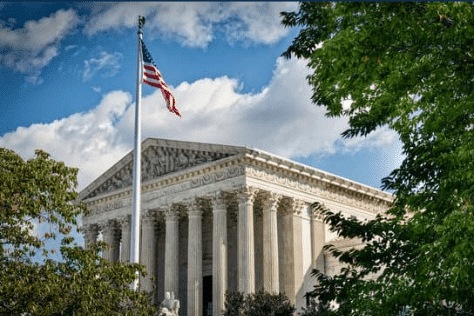Table Of Contents
What is Obstructive Sleep Apnea?
Obstructive Sleep Apnea (OSA) is caused when your airway passage is blocked repeatedly, producing severe snoring. While sleeping, OSA limits the amount of air that reaches your lungs and can damage your heart and respiratory system.
While Obstructive Sleep Apnea effects 26% of Americans between ages 30 to 70*, it impacts veterans at an even higher rate! If you have Obstructive Sleep Apnea you may be entitled to veterans disability benefits.
If you have Obstructive Sleep Apnea how can prove your condition?
Have you had a sleep study conducted? The VA requires a sleep study to be conducted if you have never had one done. (Yes, even if you already have a diagnosis!) This study will serve as the VA’s proof of your condition. The only exception is if you have already been service-connected for sleep apnea for 10 years.
How can you get your Obstructive Sleep Apnea service-connected?
- Did you develop OSA while in the military? Or did your service aggravate your OSA? If you said yes to either of these questions, then you likely have a direct service connection. It’s okay if you didn’t get a diagnosis during service. You simply have to show that your OSA was either caused or worsened during your military service. You can demonstrate this through medical reports, a personal statement, and a buddy statement.
- Personal Statement: You can explain using specific stories about (1) what happened that caused your OSA or worsened the symptoms and (2) how the symptoms began or changed during your time in service.
- Buddy Statement: A bunkmate from your time in the military or your significant other can write a statement to explain (A) how you started snoring, choking, or stopping breathing, or (B) how the frequency or volume of your symptoms worsened during your time in the military.
- Did something from your time in the military cause you to later develop OSA? In this scenario, you likely have a secondary service-connection. For example, if your service-connected PTSD caused OSA, then your OSA can be secondarily service-connected. You can demonstrate this through medical opinions that it is at least as likely as not that your OSA was triggered because of your service-connected condition or the medication required for your service-connected condition.
How is Obstructive Sleep Apnea rated?
To determine what percentage you should be rated look to your symptoms. The VA rates OSA on a 0, 30, 50, or 100 percent scale. You do not have to have every symptom to get a specific rating; however, the VA uses the chart below as a guideline to see what percentage best fits your symptoms. If a specific rating applies to you, be sure to address the requirements that apply to in your documentation (medical records, personal statement, & buddy statements).

Veterans Help Group has been helping veterans get the rating they deserve since 1995. If the information above seems overwhelming and you would prefer to have legal help with it please contact us at 855-855-8992 or chat with us online for a free consultation.

What are Effective Dates of VA Disability Claims and Why Do They Matter?
What are Effective Dates of VA Disability Claims and Why Do They Matter? In simple terms, the...

What is Pes Planus and How Is It Rated?
What is Pes Planus and How Is It Rated? Pes Planus (Flat Feet) VA Disability: Ratings, Symptoms,...

Are Disabled Veterans Eligible for TRICARE?
Are Disabled Veterans Eligible for TRICARE? Simply being a disabled veteran doesn’t necessarily...





